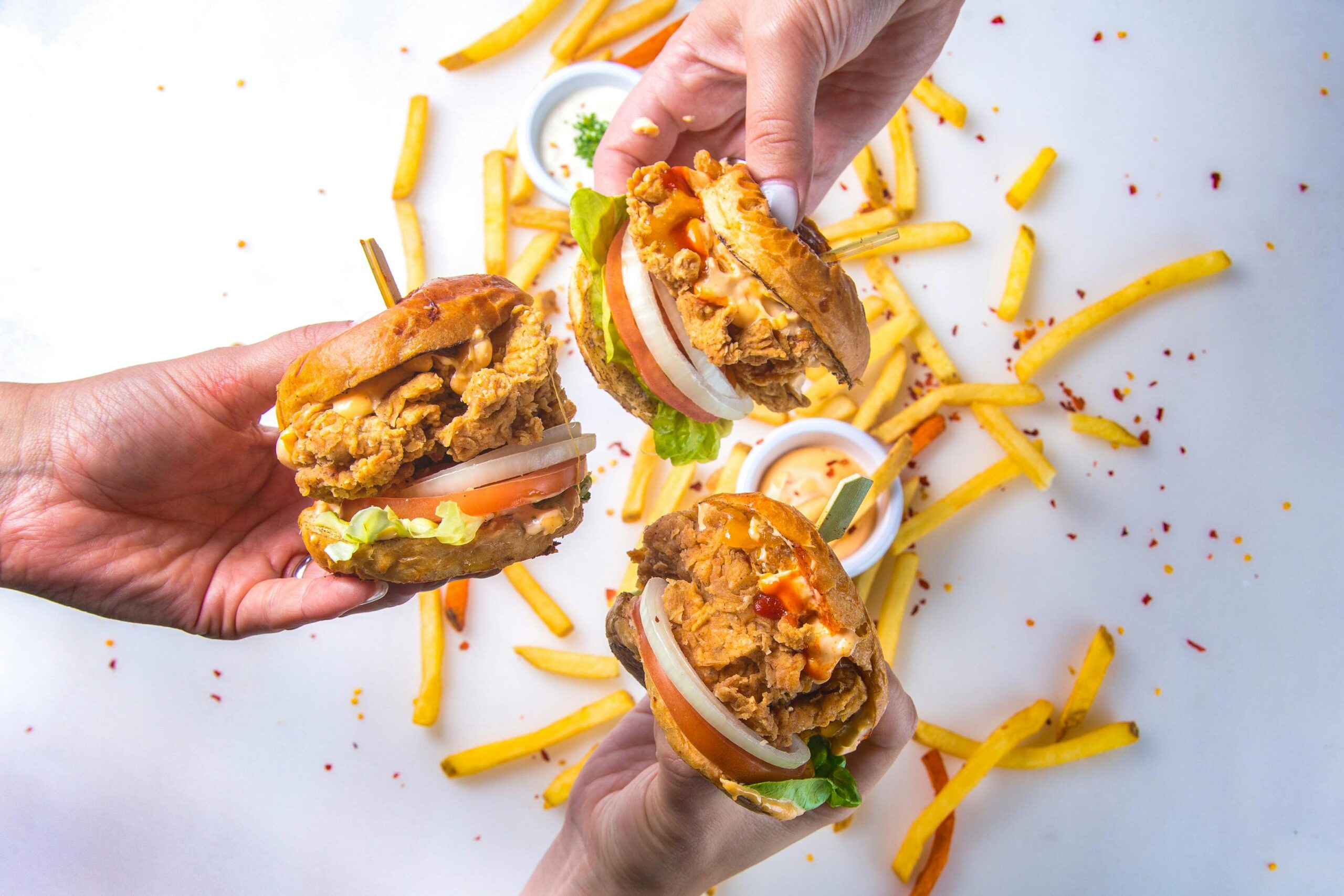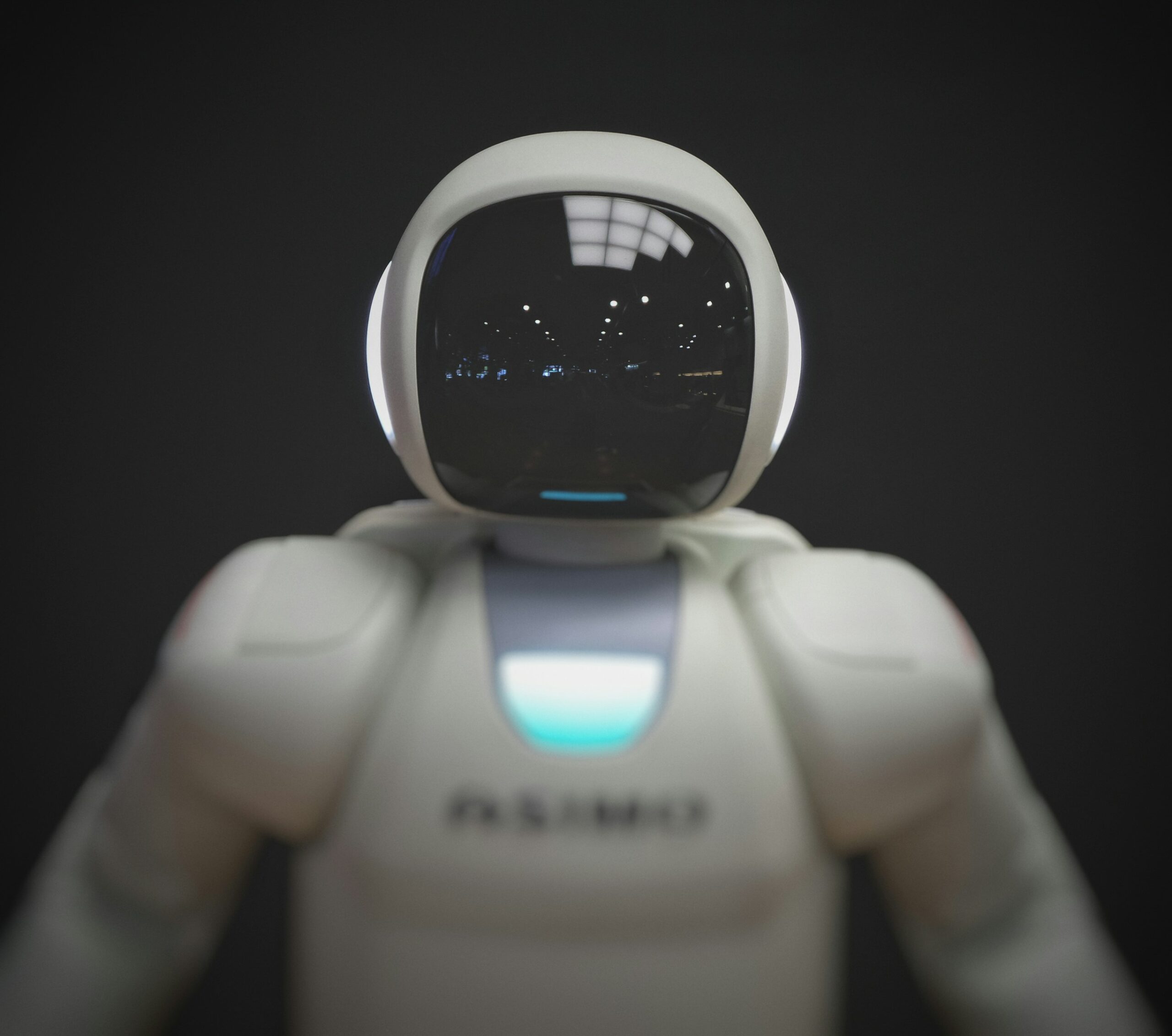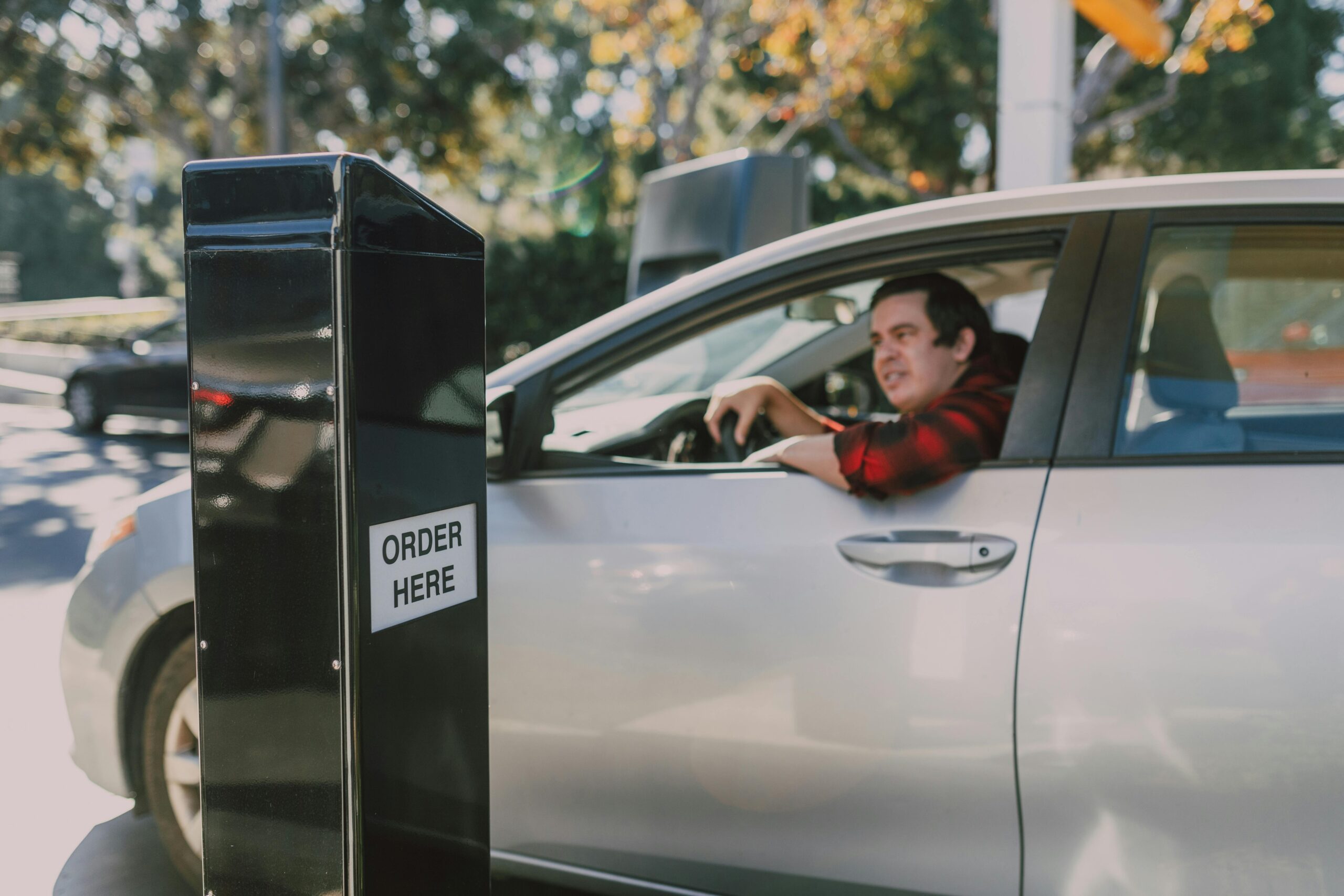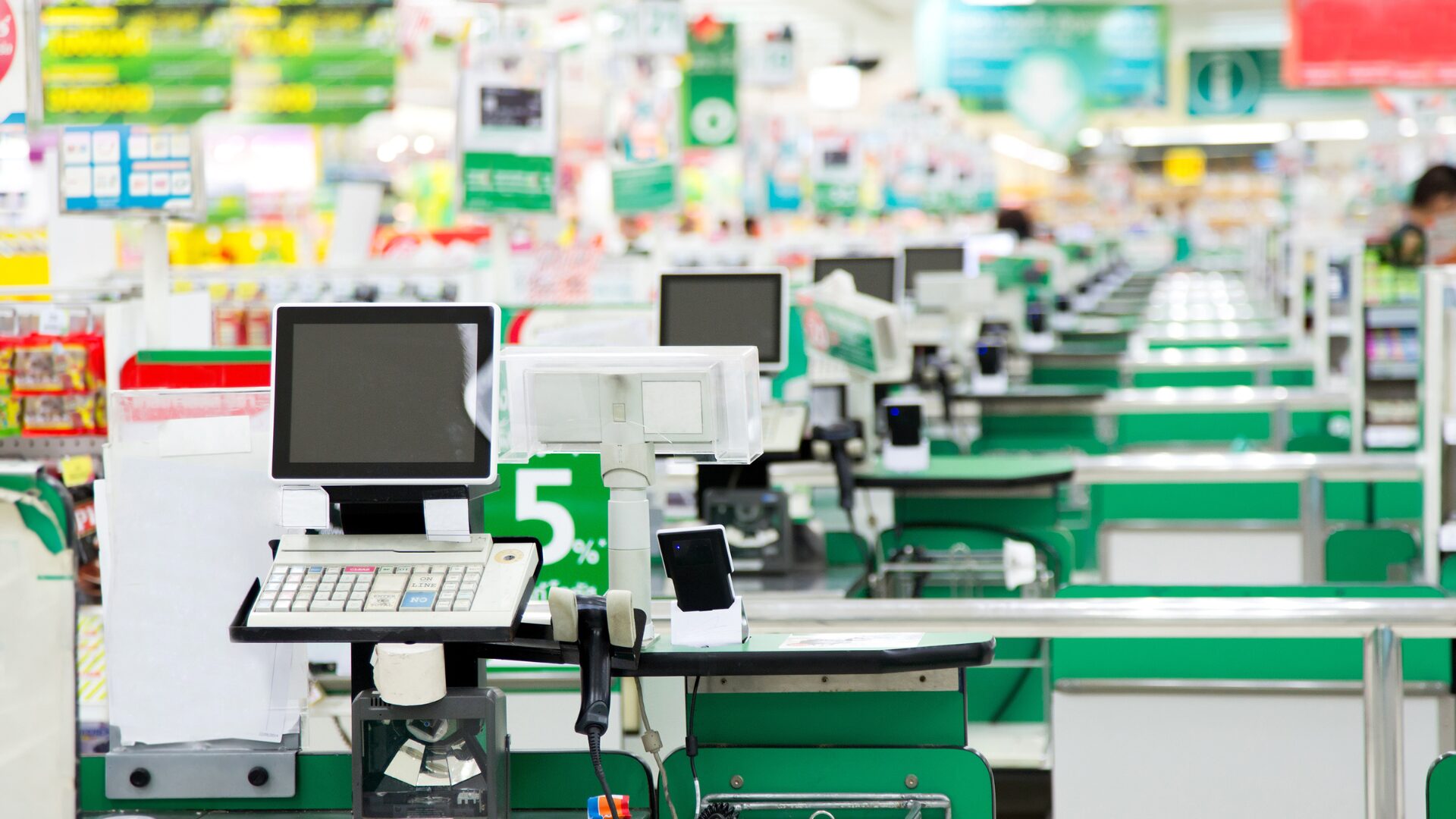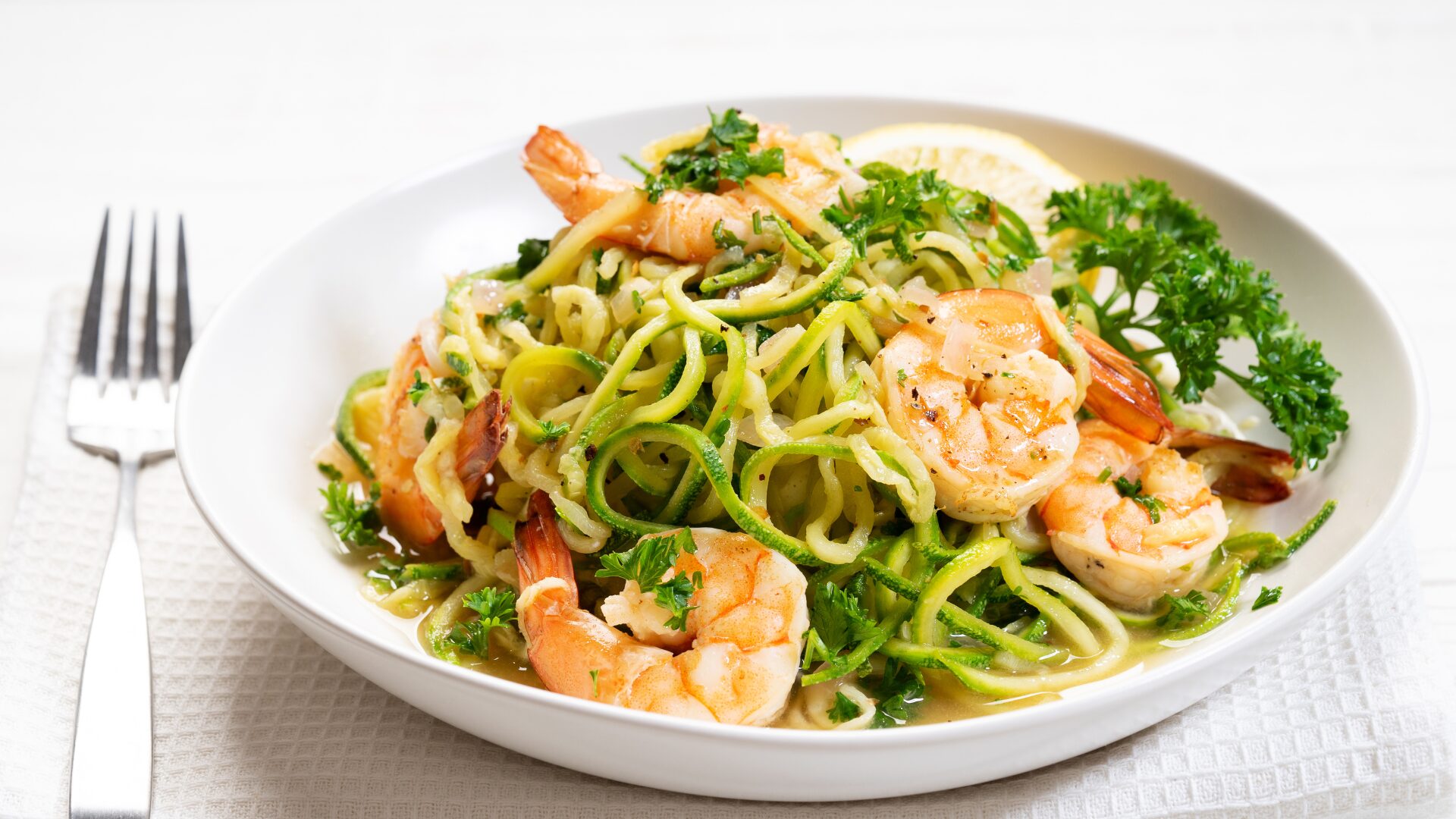The future of the food industry is coming into focus as artificial intelligence grows increasingly popular. AI is rapidly changing the way restaurant chains, food manufacturers and other businesses operate.
Wingstop, Campbell Soup, Domino’s and Panera are just a few examples of companies that are taking advantage of all the benefits that AI has to offer.
Wingstop, a nearly 2,000-unit wing chain, is using AI to answer phones, as noted by Restaurant Business. Wingstop partnered with ConverseNow to create a virtual ordering assistant, which can answer multiple calls at the same time. It will also be able to assist with recommendations and it speaks both English and Spanish, according to the article. Chains like Del Taco, Domino’s, Panera, Checkers and Newk’s Eatery are using similar technology, according to Restaurant Business.
Bhavin Asher, CTO of GRUBBRR, a self-ordering system solutions company, said this is just the start of AI’s impact on the food industry.
“AI in 5 years will be used in both front-of-house and back-of-house operations focusing on forecasting, reporting, predicting inventory, and labor needs to start,” Asher told The Food Institute. “Restaurant operators see many customer-facing benefits with this new technology, including ordering, smart upsells, and more personalization.
“In addition, implementing AI will drastically increase operational efficiency by prioritizing orders based on channels, routing, and throttling orders, forever changing how operators run their businesses.”
Food manufacturers, like Campbell Soup Co., are using AI to help with product development, noted Food Business News. Campbell is tracking data to help discover what its customers want next and through that initiative it has introduced new products like the Chunky Ghost Pepper Chicken Noodle Soup.
AI helped Campbell determine that modern consumers crave spice. Partially because of this information, the soup giant released the aforementioned flavor after successful launches of Spicy Chicken Noodle, Spicy Steak and Potato, Spicy Sirloin Burger, Spicy Chicken and Sausage Gumbo. Campbell also developed Frank’s RedHot Goldfish Crackers thanks to AI-driven insights.
Campbell is also utilizing AI to analyze trends. Recently, AI helped Campbell identify a rise in air fryer popularity, allowing it to introduce Kettle Brand Air Fried Chips, noted FBN.
“As the retail landscape shifts and brands continue to leverage D2C for growth and scale, AI will become instrumental for highly customized and targeted content catered to each consumer,” said Catherine Merritt, CEO at Spool, a CPG marketing agency. “For example, AI-driven content may look like an e-recipe book for that specific consumer based on what they’ve bought or currently have in their cart.
“As integration between online, grocery shopping and smart-homes improves, AI can serve the most relevant content and information consumers are looking for – or will receive whether they sought it or not,” Merritt told The Food Institute.
The Food Institute Podcast
Click the play button above to listen to the episode.
Cyber threats are a growing issue for the food industry, but what can food companies do to keep their data safe and operations intact? More importantly, how should you react after a cyber-intrusion takes place? Arete Incident Response’s DJ Schalk discusses common threat vectors and explores ransom negotiations, while HUB International’s Sommer Chanady and Brian Schnese discuss how insurance can protect your business and best practices to help prevent an intrusion in the first place.





